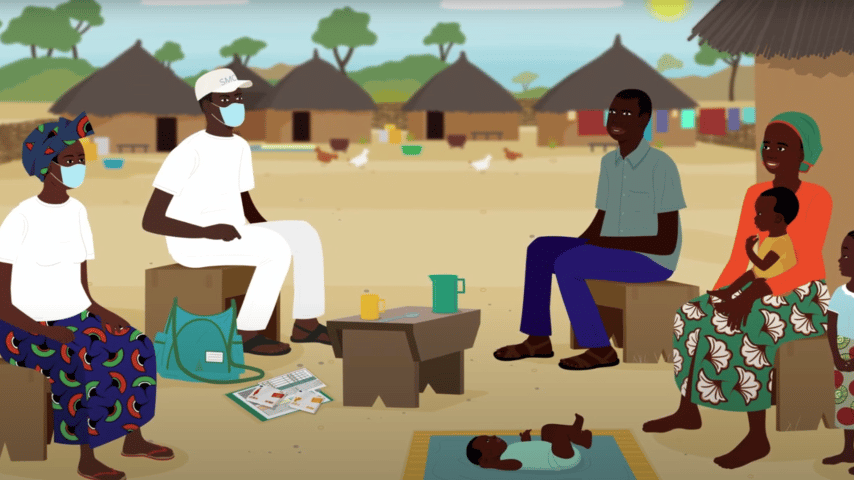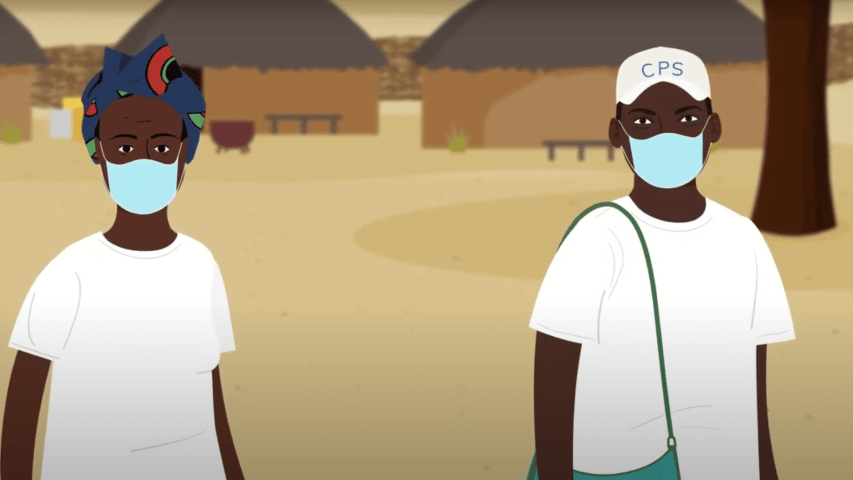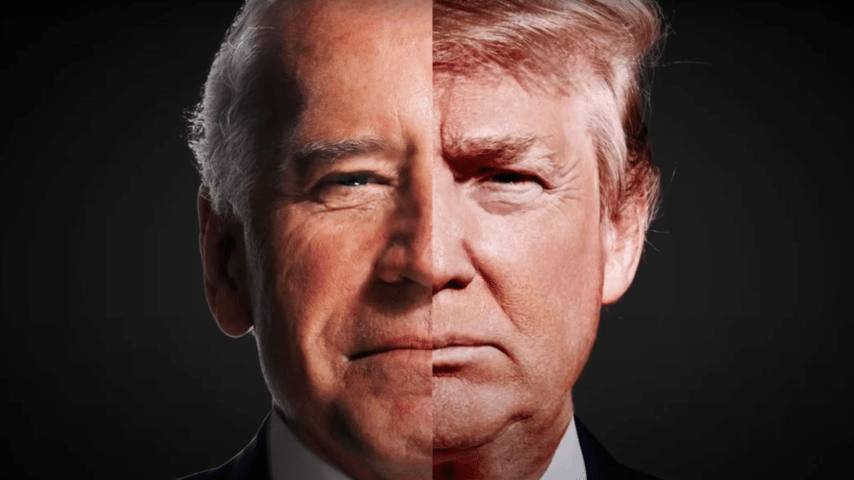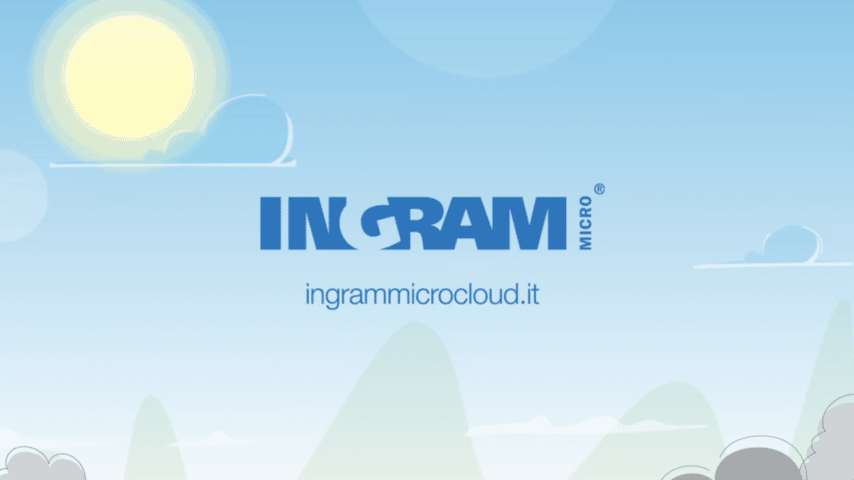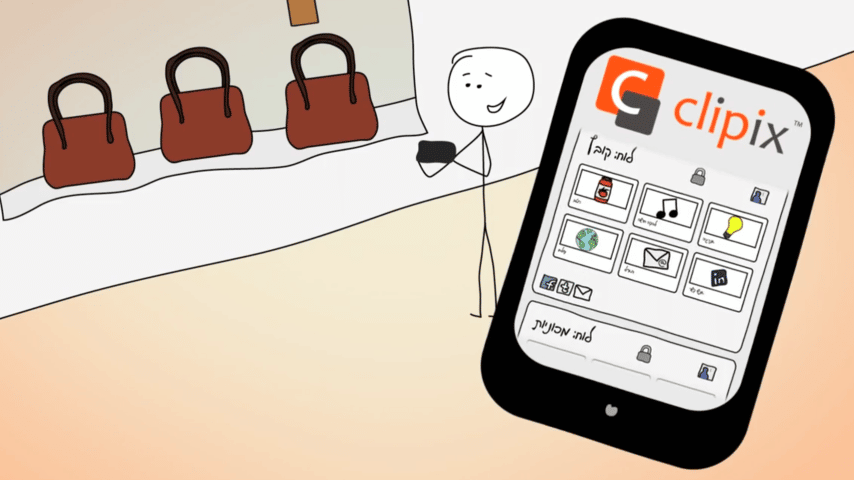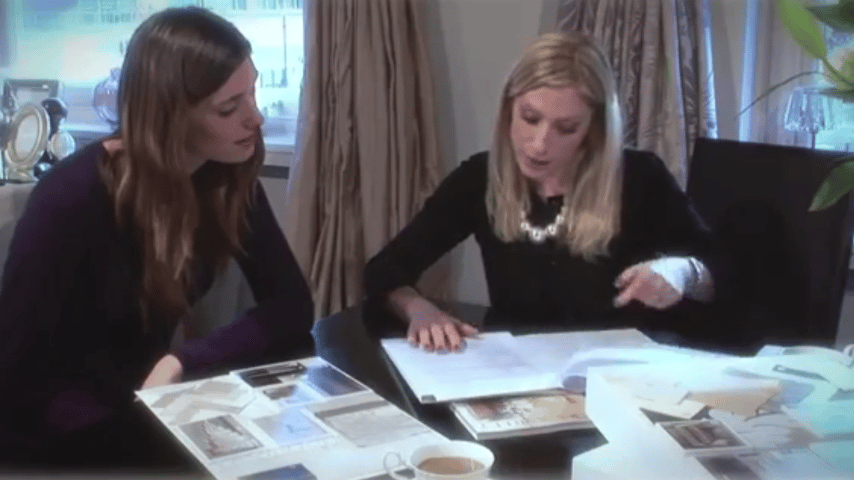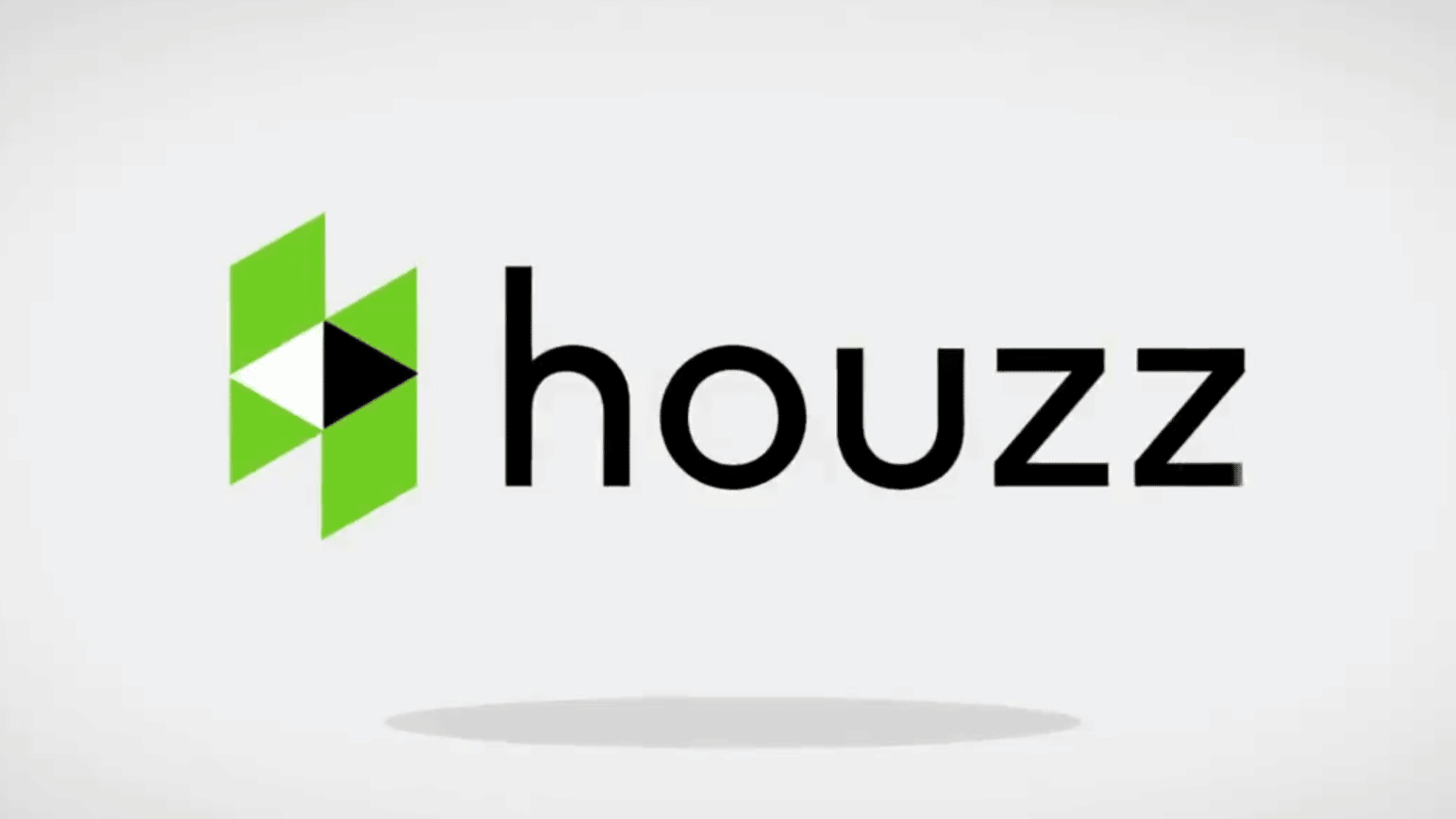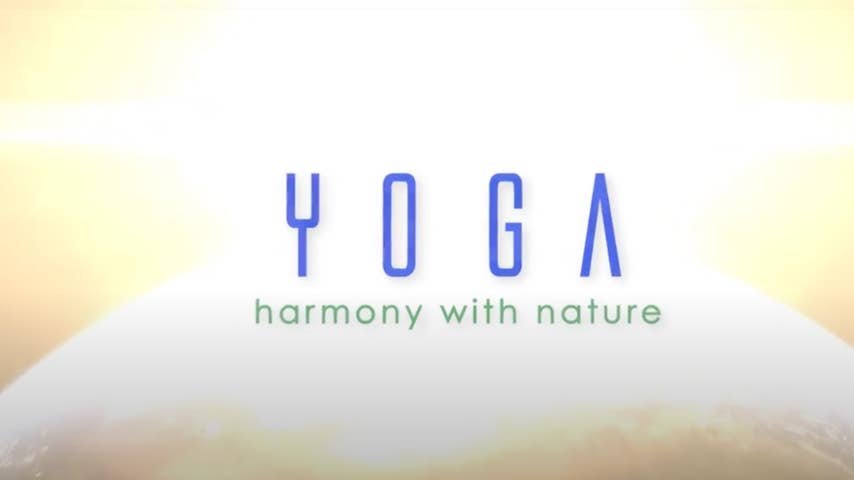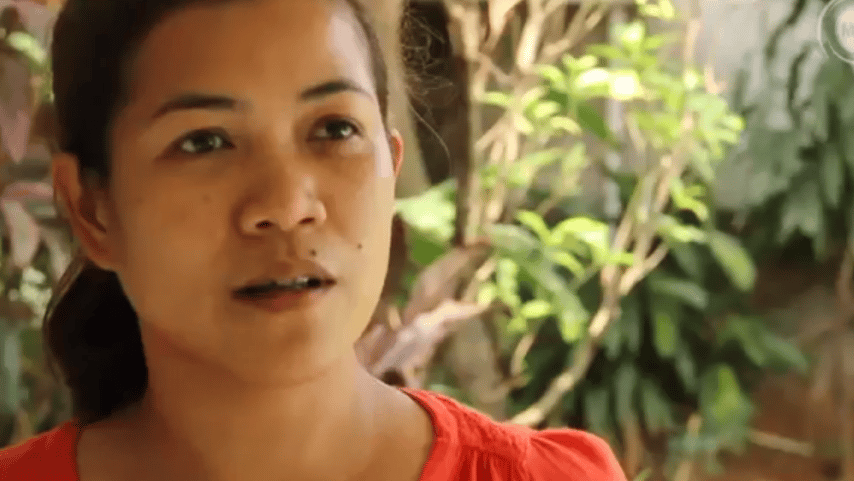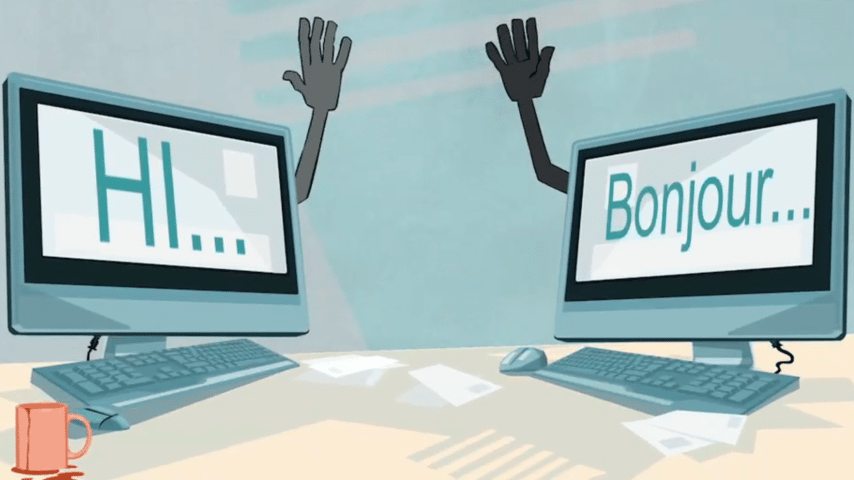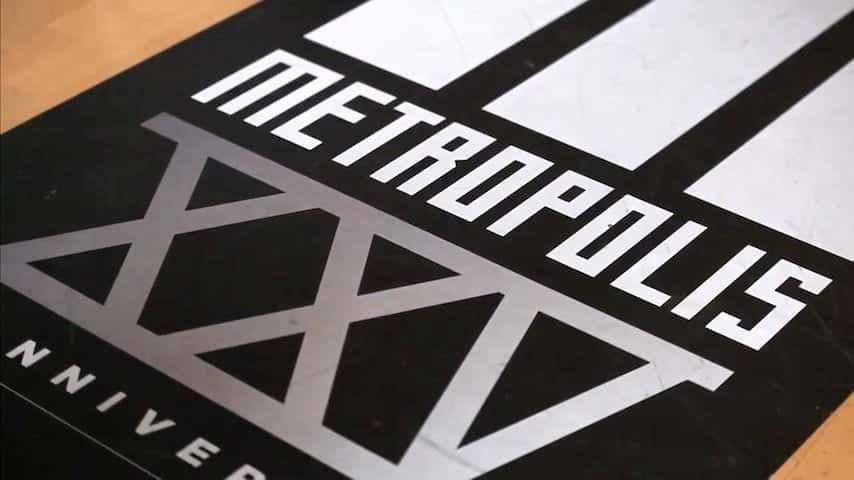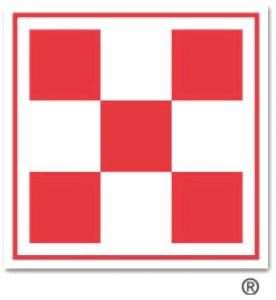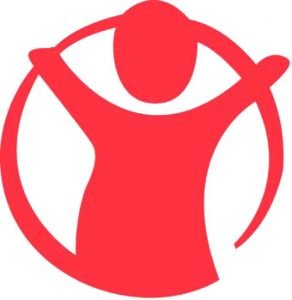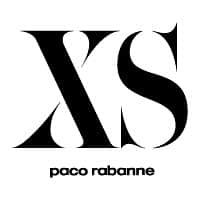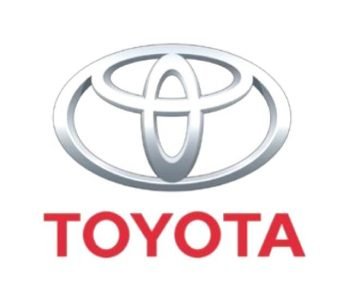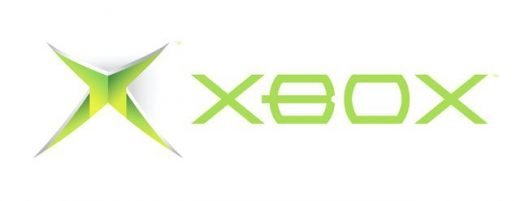Find Voice Over Artists
Turkish Voice Over Agency
Find out why we're the most talked about Turkish voice over agency in the UK
Why choose us?

You deserve the best! Leave your project to the experts at GoLocalise so that you can relax and be assured of getting top-notch results. Every single detail will be analysed, studied and looked after so that you do not need to worry. Some would say it’s not too classy to blow our own trumpet… but we just like to point out two very important details.
We have achieved ISO 9001 Quality Management certification in recognition of our consistent performance and high standards, and ISO 14001 Environmental Management because we care about our planet! And if you are still curious and want to know more about us, why not have a look at our studio page.
Learn more about our Voice Over Services
Let's get started!
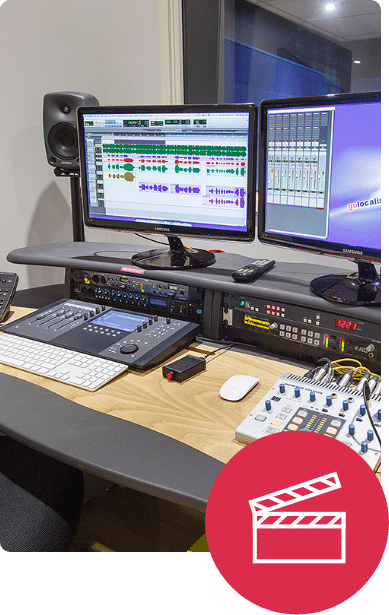
Working alongside translation & production companies
Having a strong audiovisual department on your side makes all the difference!
With GoLocalise you get an experienced and motivated team of professionals that work regularly alongside translation and production companies. We understand the technical requirements necessary to produce perfect foreign language and English voice overs. Our project managers will assist you along the way and we’ll break down the process and present it to you without the big words or technical industry jargon, so you don’t need to worry about the technical aspects and can simply concentrate on growing your business. By working with GoLocalise you’ll be able to offer additional services, i.e., voice over, subtitling and translation to your clients, with a partner who will deliver and on whom you can truly rely.
When working with translation companies we provide easy-to-follow guidelines so that you can provide your own translations for us to “convert” into subtitles, or voice over your translated scripts. Or if you prefer, we can take the entire project off your hands and keep things simple for you – it’ your call! We’re equally used to working with production companies, so we can deliver your translations or subtitles in any language and format of your choice – either burning-in the subtitles onto the video for you, or supplying you with XML or PNG files for you to do yourself – Adobe After Effects and Final Cut Pro ready files.
Reach your target market
Don’t leave your important communication to chance. Make sure your message is clearly understood by
your audience and choose GoLocalise for your next voice over project.
We have thousands of passionate and professional voice over artists ready to work with you. No matter the type of voice you are looking for, we’ll either have it in our books or find it and source it for you. We’ll organise a casting and ensure you get the perfect voice to suit your needs.
You will also benefit from having your own dedicated project manager – a single point of contact – to guide you through your project, answer any questions you may have and make things a whole lot easier.
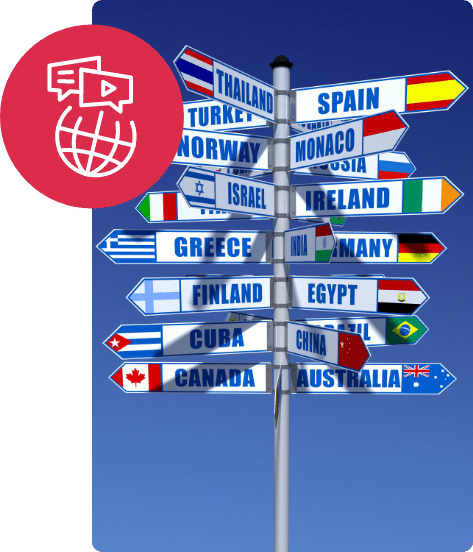

Meet your dedicated project manager
Your project will be in the safe hands of one of our multilingual project managers.
They will guide you through every step and ensure you understand the process. Our industry has a tendency to use lots of technical jargon but your dedicated project manager will be on-hand to untangle the mess and explain all you need to know to ensure you only pay for what you need.
If you need help in choosing the right voice over talent to deliver your message then just ask your project manager. From booking our voice over recording studios to ensuring you project is delivered on time in your chosen media, relax and let your experienced project manager take care of everything. You will receive unparalleled attention to detail and customer focus at competitive prices. You’ll wish everything was as easy as a GoLocalise voice over!
Perfect voice over recording studios
Your most discerning customers will thank you for choosing our modern state-of-the-art recording studios. Every detail has been carefully thought through for your comfort, leaving you to simply focus on what matters most – the voice over session.
Your recordings will sound beautiful and crystal clear thanks to our high-end studio sound-proofing and audio equipment, i.e. ProTools HD and Neumann microphones.
Maximise your budget by reducing the need for retakes with the help of our experienced in-house sound engineers who will professionally capture and edit your audio. And for those recordings in languages which neither you nor your client speak, we’ll bring a qualified pro to your session to add that essential ingredient. To make you feel right at home, we provide high-speed Wi-Fi Internet and air-con is available. And last but not least, we have the biggest cookie jar you’ve ever seen, that’ll make your custom brew taste even sweeter!
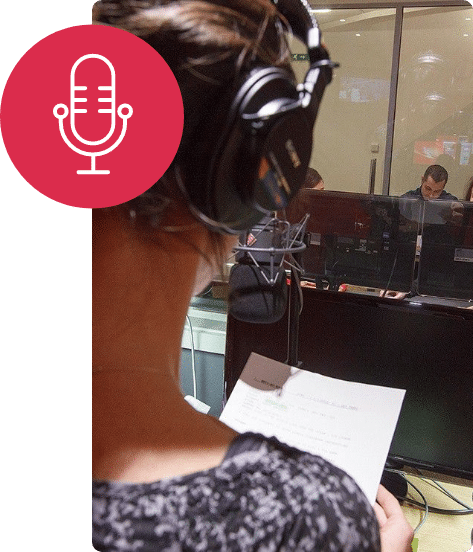
Types of Voice Over Recordings
Dubbing & Lip Sync Voice Over
Corporate & Presentations Voice Over
Promo Voice Over
E-Learning Voice Over
Educational Voice Over
On-hold Messages (IVR) Voice Over
Character & Video Game Voice Over
Dubbing & Lip Sync Voice Over
Want to work with the best? Our dubbing and lip sync services are trusted by leading production companies, marketing and advertising agencies and TV stations from around the world.
We work in English and foreign languages, covering all international markets.
With the wide range of on-demand and online TV channels, we can help take your show, TV series or programme global with the simple addition of an English dialogue track!
Our London dubbing studios offer a full service in script translation and adaptation, casting of the voices, recording and final audio mixing of the shows so that they are ready for broadcast.
Corporate & Presentations Voice Over
Are you looking for a voice over for your corporate video or presentation?
Then you’ve found the right place. At GoLocalise we are committed to ensuring our clients have the right tone to represent their company, service or product and we will work with you to present your message in the best possible way, so that you can impress your clients and prospects.
Once the video has been shot and edited, it’s paramount that the accompanying voice over comes across as knowledgeable about the brand and excited about the company and the services they offer. A bad voice over can make a video fall flat and impact your company’s brand and image.
Promo Voice Over
Promos are a great way to launch a product or service, kick-start a campaign, make a big announcement or to just let people know about your company.
Having a great video is important, but having an engaging voice helps hammer home your message and grab the viewer’s attention.
From deep sexy voices to the “guy-next-door”, no matter what type of promo voice talent you are after, we have what you’re looking for. We are only a call or email away or, if you prefer, visit our get-a-quote page to discuss your project in detail. You can rest assured we’ll find the right promo voice over talent for your project and needs.
E-Learning Voice Over
GoLocalise is able to provide your company with e-learning translation, localisation and voice over services, leaving you with a ready-to-host product.
You’ll benefit from an expert pool of highly-skilled linguists who have extensive experience in e-learning and a sound understanding of the particular industry sector in which you are dealing.
Our service includes the management of the entire process and delivery of content adapted to foreign markets.
The steps and services involved in any end-to-end e-learning project are: the translation of the course and on-screen text; the localisation of the course graphics; the voice over recording of the course with your preferred voice over talents; and quality control during which the localised course files are reviewed against the original files.
E-learning voice overs can be used for many applications such as training courses, step-by-step instructional and safety videos, technical information, online tutorials and many other informational and educational programmes. Whatever the application, our professional voice over talents can provide you with a clear, concise and accurate narration.
If you need a voice over to narrate your e-learning course or educational product you’ll need someone with the experience, clear diction and stamina to record large volumes of text.
Educational Voice Over
Do you remember when you first started learning a foreign language?
The educational field has seen a transformation in recent years with the introduction of new technologies like smart boards and tablet apps. This transformation is especially evident in the voice over industry.
But we can all agree that the basics are still the same – a clear voice with good diction, a neutral accent, and a slow pace for better comprehension.
And while getting the right voice over talent may seem easy… we can assure you it is not. Many factors must be considered, for example, complicated words, “tongue twister” phrases, over-articulation, contractions, and lazy mouth to name a few.
Don’t leave it to chance, make sure your content is clearly understood by your audience and choose GoLocalise for your next educational voice over project. We have thousands of passionate and professional voice over artists ready to work with you in English or any foreign language.
On-hold Messages (IVR) Voice Over
How many times have you heard a horrible voice while on hold on the phone and felt like you just wanted to hang up?
Did you know that 90% of callers placed on hold, listening to silence, hang up within 40 seconds, and 30% of them never call back?
On-hold messaging or messages on hold is a service used by businesses and organisations of all sizes to deliver targeted information to their callers while they wait on hold or while they are being transferred.
Improve your customer experience, and choose a confident voice with tons of charm, warmth and enthusiasm to properly represent your company. We work with a great variety of companies, translating, adapting, casting the voice over talents and recording the telephone prompts.
Telephone prompts are recorded, cleaned, edited, split and labelled and delivered in the format of your choice, so you do not need to worry about anything!
Character & Video Game Voice Over
Video games are not just for entertainment, but they are also used to educate users of all ages while forming strong virtual communities.
We know that the game doesn’t only have to look good and play smoothly, but also has to sound and read just right. That’s why we at GoLocalise provide all our clients with carefully selected linguists, who are not only specialists in the video game field but are also gamers themselves.
We look after every single detail when localising games into foreign languages and always use the latest glossaries for all the current video game platforms, Wii, PlayStation, Xbox, etc. so that terminology and platform word choices are always spot-on.
You’ll benefit from working with a company that provides the whole package under one roof: translation, quality control, testing and voice over services for all types of video games. The voice over process is overseen by language directors, i.e., native speakers who ensure the correct delivery, pronunciation and intonation of the script.
By using the right voices you can keep frustrated players motivated!
Learn more about Voice Over Services
Let's get started!
Turkish
Voice Over Case Study
There is no case study for this voice over, please check again soon.
View More
Voice Over
Case Studies

Price Match Promise
Challenge Our Prices, Enjoy Our Quality
A Brief History Of Turkish
Turkish also referred to as Istanbul Turkish, is the most widely spoken of the Turkic languages, with around 10–15 million native speakers in Southeastern Europe and 55–60 million native speakers in Western Asia. Speakers are located predominantly in Turkey, with smaller groups in Germany, Bulgaria, Macedonia, Northern Cyprus (although a partially recognized state), Greece, the Caucasus, and other parts of Europe and Central Asia.
To the west, the influence of Ottoman Turkish—the variety of the Turkish language that was used as the administrative and literary language of the Ottoman Empire—spread as the Ottoman Empire expanded. In 1928, as one of Atatürk’s Reforms in the early years of the Republic of Turkey, the Ottoman script was replaced with a Latin alphabet.
The distinctive characteristics of Turkish are vowel harmony and extensive agglutination. The basic word order of Turkish issubject–object–verb. Turkish has no noun classes or grammatical gender. Turkish has a strong T–V distinction and usage ofhonorifics. Turkish uses second-person pronouns that distinguish varying levels of politeness, social distance, age, courtesy or familiarity toward the addressee. The plural second-person pronoun and verb forms are used referring to a single person out of respect.
Turkish is a member of the Oghuz group of languages, a subgroup of the Turkic language family. There is a high degree of mutual intelligibility between Turkish and the other Oghuz Turkic languages, including Azerbaijani, Turkmen, Qashqai, Gagauz, and Balkan Gagauz Turkish. The Turkic family comprises some 30 living languages spoken across Eastern Europe, Central Asia, and Siberia. Some linguists believe the Turkic languages to be a part of a larger Altaic language family. About 40% of all speakers of Turkic languages are native Turkish speakers. The characteristic features of Turkish, such as vowel harmony, agglutination, and lack of grammatical gender, are universal within the Turkic family.
Turkish is the official language of Turkey and is one of the official languages of Cyprus. It also has official (but not primary) status in thePrizren District of Kosovo and three municipalities of the Republic of Macedonia, based on the concentration of Turkish-speaking local population.
In Turkey, the regulatory body for Turkish is the Turkish Language Association (Türk Dil Kurumu or TDK), which was founded in 1932 under the name Türk Dili Tetkik Cemiyeti (“Society for Research on the Turkish Language”). The Turkish Language Association was influenced by the ideology of linguistic purism: indeed one of its primary tasks was the replacement of loanwords and foreign grammatical constructions with equivalents of Turkish origin. These changes, together with the adoption of the new Turkish alphabet in 1928, shaped the modern Turkish language spoken today. TDK became an independent body in 1951, with the lifting of the requirement that it should be presided over by the Minister of Education. This status continued until August 1983, when it was again made into a governmental body in theconstitution of 1982, following the military coup d’état of 1980.
What our happy customers say
I really love working with GoLocalise. Their subtitling department takes care of everything and they always deliver the best quality files. I’m also very happy that they’re willing, and capable, to work with all kinds of requests, and are always happy to help me and make the process better. The team is also so very helpful, and very nice to work with. I always recommend their services to everybody.
Patricia Leon-Fedorko
Account Specialist at Advanced Language
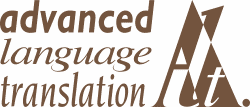
Friendly and professional – made everything easy for our whole co-hort of third year acting students to record their voice demos. Thank you for great service!
Philippa Strandberg-Long
Deputy Course Leader - Acting, Italia Conti
We have used GoLocalise on a regular basis for projects in a number of languages. The service we receive is great. The team is always friendly and professional. The voiceovers we receive are of a very high quality and the turnaround is extremely quick. We are very happy to recommend GoLocalise to other businesses.
Jo Samuel
Animator at Pixel Circus

They’re reliable, adaptive and obsessed with quality. And while you can never be 100% guaranteed of perfection, you can be sure GoLocalise will go the extra mile to get it right every time. Whether that’s hiring extra resources, hopping on multiple calls or even changing their internal processes, they’ll do what it takes. We’ve worked with them now for over to 5 years and we are truly thankful to have such a strong localisation partner for our business.
Lucas Cole
Sales and Marketing Director at Epipheo
In my third year at drama school I recorded a demo at GoLocalise and it was the best thing I could have done before entering the industry. I highly recommend actors to use their studio and services to record a demo. Since recording, I have booked for a paid VO job too! Not only are they professional, provide a great service and produce top quality work; the whole team are wonderful and make you feel very welcome. 100% recommend!!!
Nicola
English UK Voice Over Talent
Golocalise are our supplier of choice for all our subtitling and transcription needs. After years of hassle trying to do it all in-house we have found their service to be a revelation in terms of speed, flexibility and costs. Their team is extremely responsive and can always turnaround requests, in any language, within our short deadlines. We can confidently rely on them to provide any deliverables without ever worrying about the accuracy of the subtitling.
Adam Ruddick
Head of Production at Casual Films
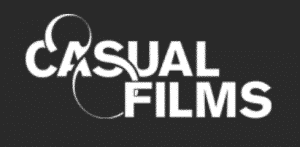
The Complete Solution To Adapt Your Content
Looking to get your entire project under one roof? Look no further, we can help you make life easier for you!

- Neumann Microphones
- On-hand Sound Engineers
- Talented Voice Over Actors
- State-of-the-art Recording Studios

- Tailored to Your Business
- Laser-Focused Project Managers
- Global Network of 600+ Languages
- Stringent Quality Control Processes

- Professional Subtitlers
- Open/Closed Captions & Web
- Industry-Standard Software
- Subtitle Burn-in & Graphic Editing

- Improve accessibility
- Reach a wider audience
- Increased SEO and video views
- Maximise your video's engagement


